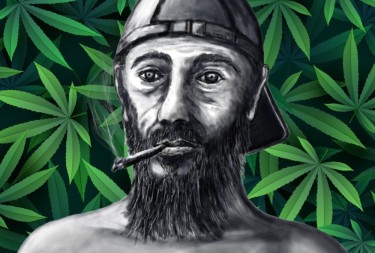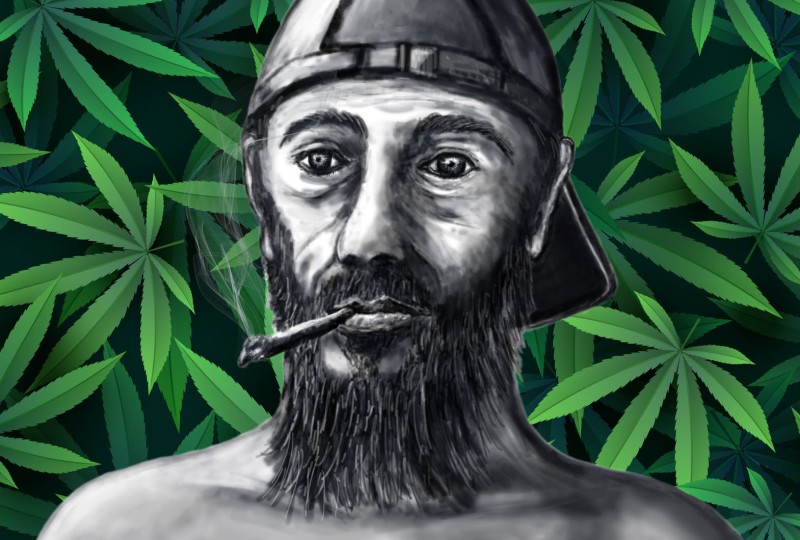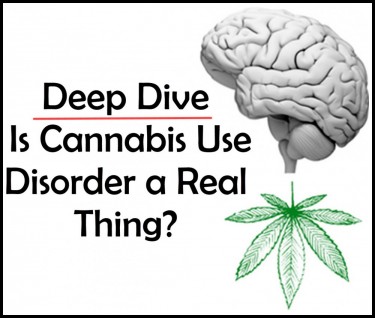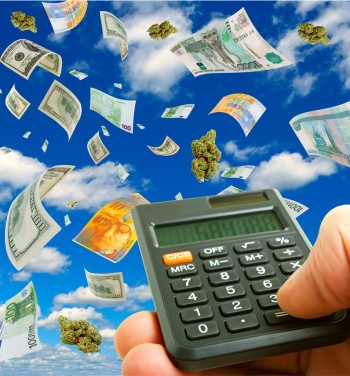
Cannabis Use Disorder Is Going Viral
Should You Worry? Here’s What You Really Need To Know About Cannabis Use Disorder
If you’ve been following the news, you’ll realize that ‘cannabis use disorder’ has been going viral over the last few years.
This term has caused great alarm, especially among parents and prohibitionists. Cannabis use disorder is a medical term used to describe a severe dependency or addiction to marijuana, resulting in a disruption of a user’s physical, professional, social, and even psychological life. Cannabis use disorder can be mild or extreme, and the symptoms present similarly to any other kind of addiction – primarily difficulty to stop using it.
There have also been a few studies released, which contribute to the fear-mongering. These include a study from Denmark suggesting that cannabis consumption has contributed to the increased risk of mental health conditions including bipolar disorder and depression to name a few.
At its core, all this news about cannabis use disorder tries to warn societies about the possible dangers of legalizing marijuana.
Do you need to worry?
Let’s discuss.
Fear-Based Messaging Does Not Work
Cannabis is the most widely consumed “illegal drug” in the world. That is a generalization, but in many nations, it has already been legalized. However, even in countries where it isn’t legal, marijuana has, for many years, been the most popular illegal substance. It remains federally illegal in the United States despite it being legal for medical use in a majority of states already.
For those of us who grew up in the eighties, fear-based messaging is nothing new to us. Many of us were subject to the Drug Abuse Resistance Education (DARE) program, and marketing campaigns from the War On Drugs that notoriously used scare tactics to keep kids off drugs. But did they work? They did not.
The truth is that education is key. The right education, paired with legalization, is essential to providing people with the right information they need to make informed decisions on drugs – cannabis or otherwise.
In the same vein, people are using cannabis use disorder to spread fear about the “possible harms of legalization”.
Is Marijuana Really Addicting?
Just like any other substance in the world, even tea and coffee, it is possible to develop a dependency on it. According to studies, around 1 in every 10 adults can be ‘addicted’ to marijuana. But how ‘dangerous’ is this addiction when you compare it to other drugs? How dangerous is it to be addicted to tea and coffee? Alcohol? Tobacco?
Who has marijuana killed? Not a single person.
Has anyone suffered from an overdose of THC or CBD?
Zero.
The situation is far more complex and has several layers. People can be dependent on THC and CBD if it helps them manage a health condition, such as anxiety, depression, PTSD, insomnia, headaches, and pain. Those who use cannabis recreationally can also depend on it to help alleviate stress from work, for example.
The way addiction works in the human brain does not allow the neurons to distinguish whether the substance one is hooked on is good or bad for you. The brain doesn’t know if you’re dependent on cocaine or it’s just weed.
It is possible to consume weed daily and you will develop a tolerance to it, perhaps even have some withdrawal symptoms.
Being Aware Of The Impacts Of Marijuana On Yourself
Awareness and honesty as to how cannabis impacts you, your job, your health, and your relationships are critical to preventing an unhealthy relationship with it. Health authorities will tell you that continued use of cannabis even:
-
in dangerous situations,
-
when it affects your ability to maintain healthy relationships with your family and loved ones,
-
when it affects your ability to work,
-
when you are spending more than you can afford on it
These are some symptoms of cannabis use disorder.
REMEMBERS: Marijuana affects everyone differently. There are countless studies on this. The cannabinoid content in marijuana will have a very different impact on you as compared to your friend, even if you are both smoking the exact same amount of the very same strain. Your unique physiological makeup will have an impact on this.
That said, while getting high can relax someone, the same dose can give someone else severe anxiety and paranoia.
And this is why some people simply do not react well to marijuana. While a majority of individuals can consume it with no major health problems whatsoever, if you already have a predisposition or a medical history of psychosis, bipolar disorder, or schizophrenia, it is necessary to consult with a healthcare professional first. Cannabis, or any other drug, may trigger the symptoms of psychosis in individuals who already have this condition. While cannabis works well to treat a wide range of other ailments, in the case of serious mental health conditions such as these, speaking to a licensed healthcare provider about other available options is important.
Don’t Generalize
Cannabis should not be compared to other drugs in terms of addiction and health benefits.
No other drug has been studied as comprehensively as marijuana. To say that it’s harmful, addictive, or dangerous simply is not right. Like we have said earlier, we need to emphasize that some people are more sensitive to the effects of cannabis – in the same way that there are those who experience the side effects of alcohol, melatonin, coffee, over-the-counter painkillers, and other substances.
And just like with everything else, consuming responsibly is always important.






